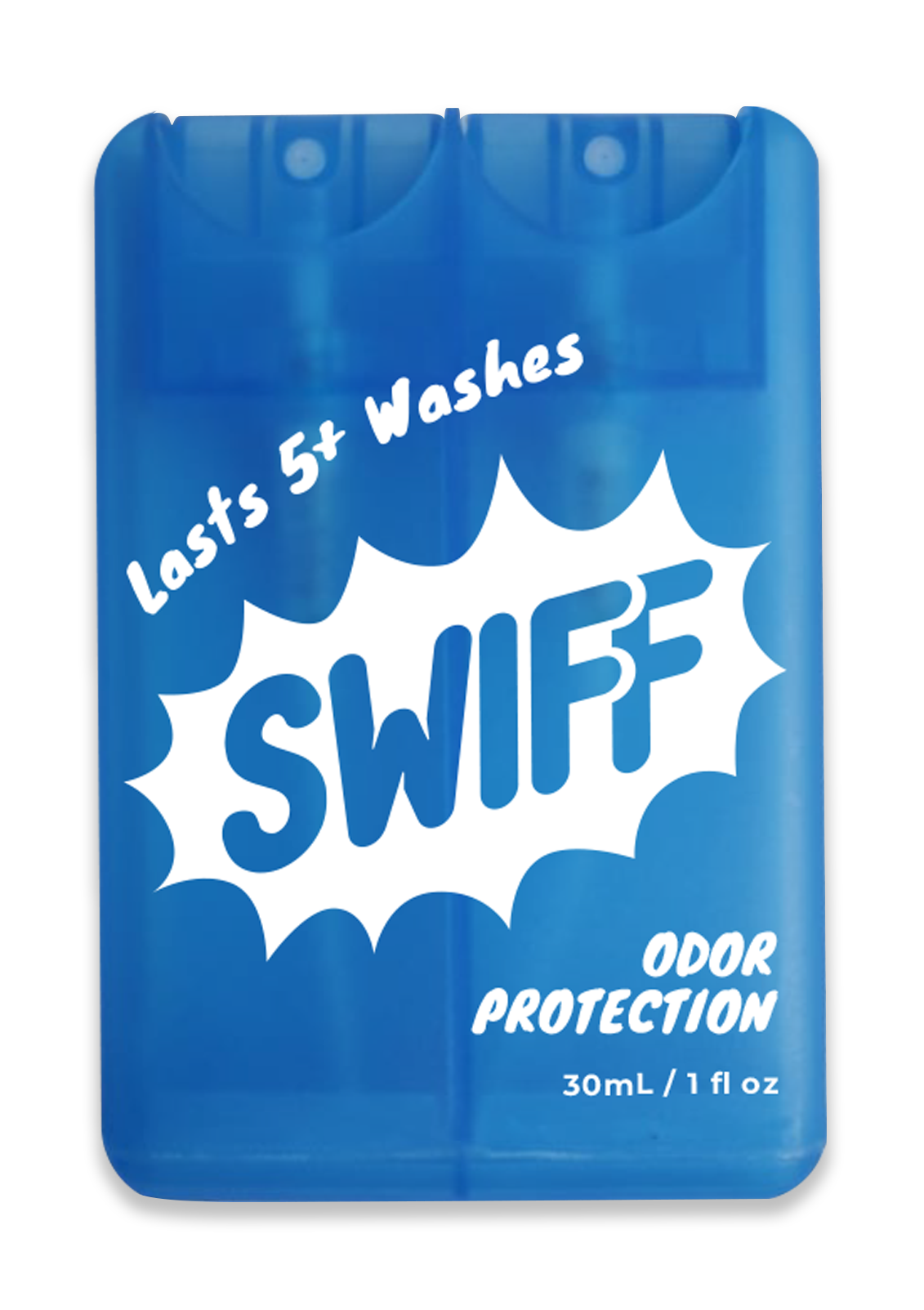The Truth About Body Odor - Bacteria Stinks
Understanding the Science Behind Body and Armpit Odor
Have you ever wondered why body odor, particularly armpit odor, seems like an inescapable part of life? Unraveling the mystery behind this common phenomenon reveals that it's not just about sweat; it's about the complex interplay of bacteria, sweat, and skin chemistry that is unique to each of us. Body odor, especially underarm odor, occurs due to the presence of sweat glands and the activities of resident bacteria on our skin. Changing this bacterial population changes our smell. By diving into the factors contributing to body and armpit odor, we can better understand how to effectively manage and prevent it.
Bacteria's Role in Body Odor
Contrary to popular belief, sweat itself doesn't smell bad. Instead, the distinctive odor arises when sweat interacts with the bacteria present on our skin. These bacteria, particularly those in the underarm region, break down the proteins and fatty acids in sweat, releasing volatile compounds that are the familiar unpleasant smell of BO. These interactions are influenced by factors such as genetics, diet, and personal hygiene. Understanding the bacterial contribution to body odor opens the door to effective solutions that target the root cause.
The Science of Armpit Odor
The armpit area, with its high concentration of sweat glands, is a hotspot for body odor. It's important to note that sweating is a natural and vital bodily function that helps regulate body temperature. However, in areas like the armpits, where sweat pools and doesn't evaporate easily, the bacterial breakdown process intensifies, leading to stronger odors. This is especially true in warm and humid conditions, which create an ideal environment for bacteria to thrive. Managing underarm odor involves finding ways to mitigate these factors without disrupting the body's natural processes.
Solutions Beyond Fragrances
While fragrant deodorants and antiperspirants may provide temporary relief from body odor, they often mask the smell rather than addressing its source. Additionally, concerns about the potential health risks associated with some chemical ingredients have led many to seek natural alternatives. For instance, by neutralizing odor-causing bacteria using ingredients like baking soda, activated charcoal, or various mild acids. These options focus on creating an environment less favorable to bacteria growth rather than merely concealing the odor, however they can lead to skin rashes, and often only temporarily work as the bacterial population adapts.
Lifestyle Strategies for Stopping Armpit Odor
Maintaining proper personal hygiene is a cornerstone of armpit odor control. Regular bathing with antibacterial soap, paying attention to the underarm area, and ensuring thorough drying can help minimize the growth of odor-causing bacteria. Wearing breathable fabrics and choosing loose-fitting clothing can promote better air circulation and reduce the trapping of sweat, especially in moisture-prone areas. For those who prefer a more holistic approach, dietary adjustments that reduce strong-smelling foods like garlic and onions might also help mitigate body odor. Anti-odor products that go after the cause, like SWIFF spray, are also a promising solution, and one of the only commercial solutions on the market to truly stop odors.
In the pursuit of understanding and managing body and armpit odor, remember that it's a shared experience that transcends cultural boundaries. By acknowledging the science behind it, exploring effective solutions, and adopting healthy habits, we can navigate the world of body odor with confidence and a renewed sense of self-assurance.







